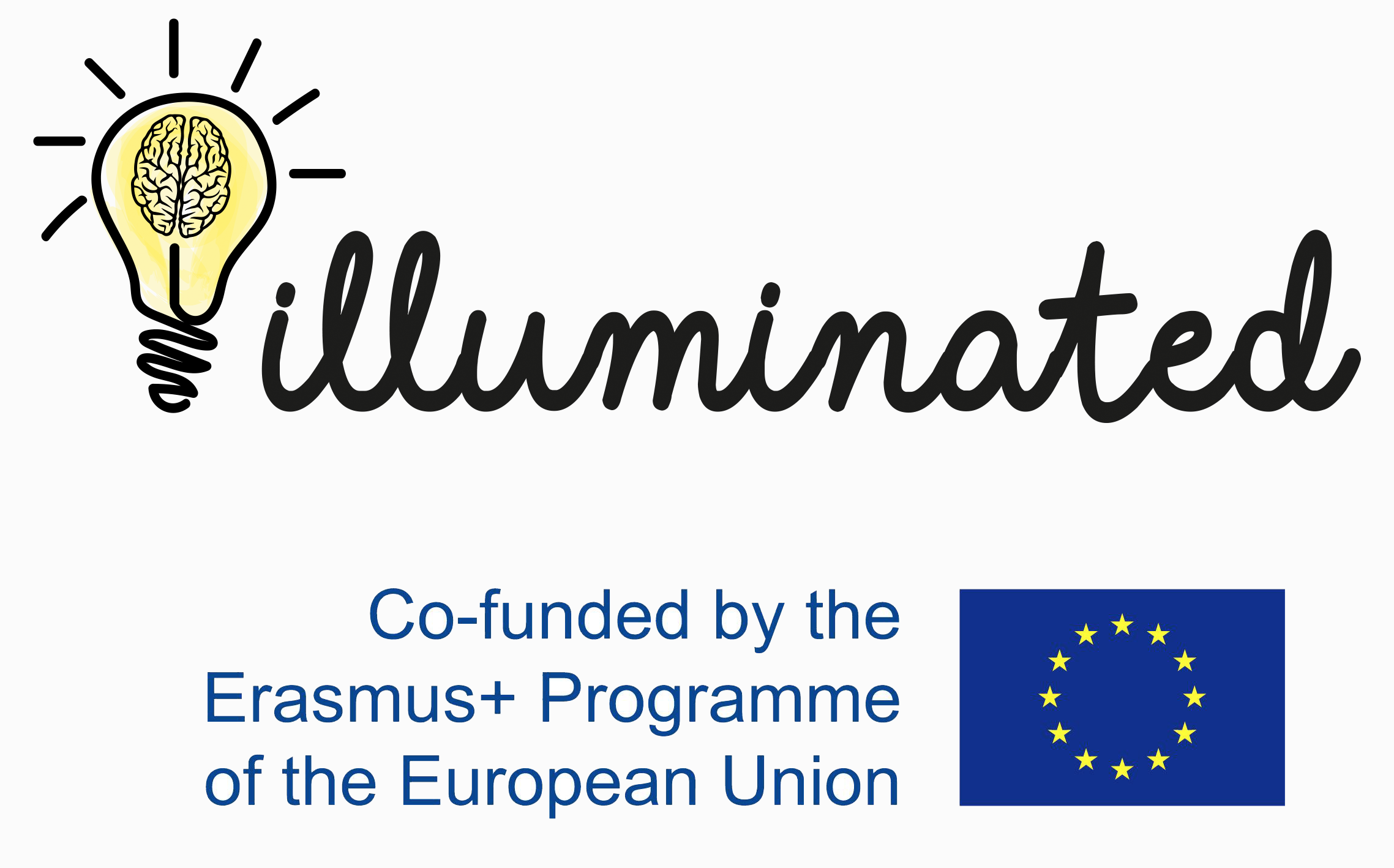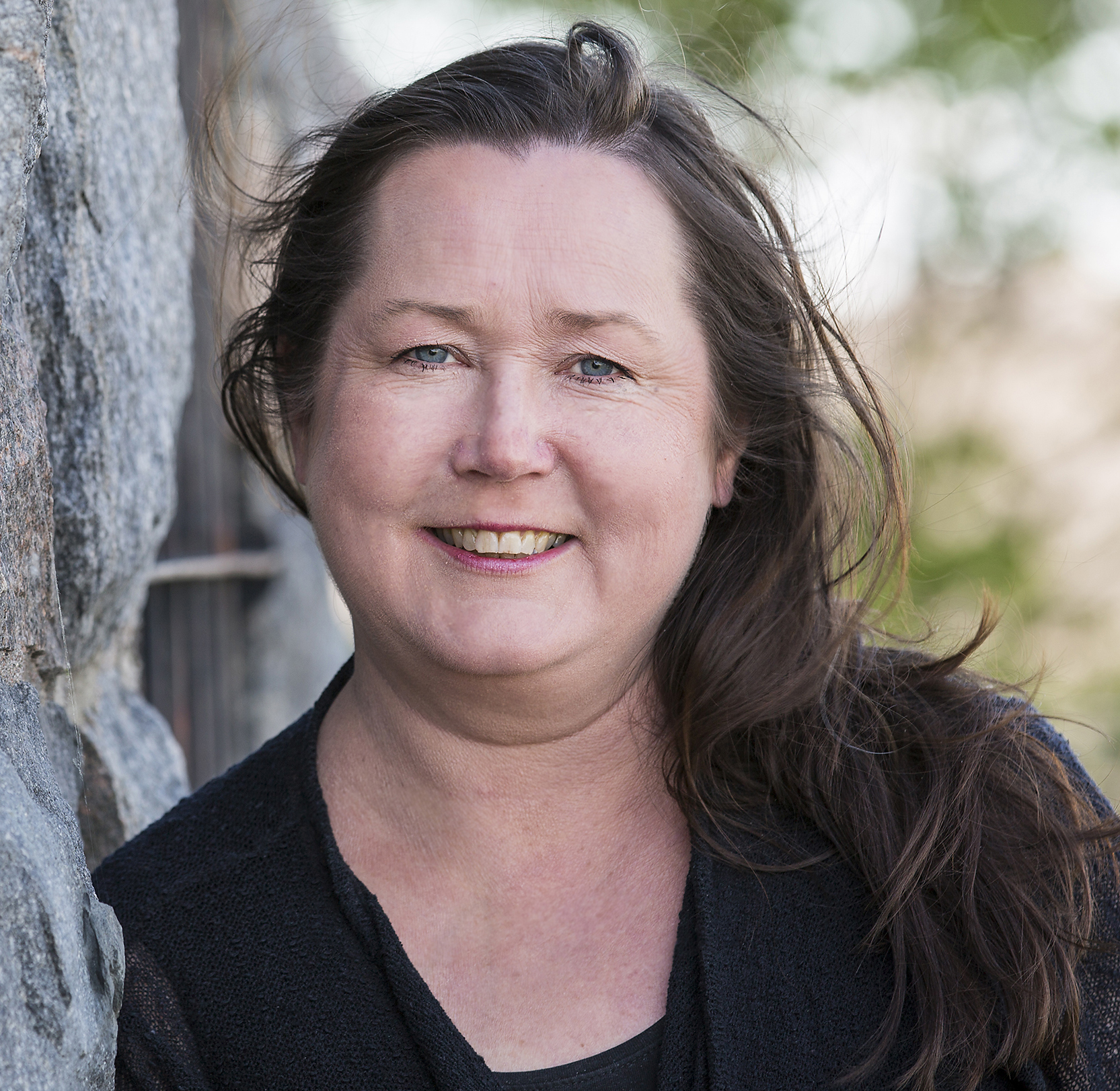ABOUT THE COURSE
What does neuroscience say about how students learn?
How can we enhance learning and apply the science of learning to teaching?
The Neuroscience of Learning for Teachers (IL101) is a free online course featuring neuroscientists from the University of Helsinki who share insights into understanding and enhancing learning. The course has been developed for educators as part of a European project (IlluminatED) – and may also be interesting to students wanting to boost the effectiveness of their learning.
WHY ENROLL?
It’s free! Enrolling in the course gives you access to videos, audio, articles reflection tasks, and discussions. You can choose to complete the entire course, a single module, or just access the resources that are most meaningful to you. There are no obligations. Transcripts of the videos are available in Spanish and in Greek.
WHAT CAN I LEARN?
Learn the basics about the neuroscience of learning (the science of learning). Learn how to interpret scientific papers and empirical evidence about learning. Learn how sleep, music, and exercise affect learning – and can guide us toward good habits for enhancing learning.
WHAT IS THE ILLUMINATED PROJECT?
It’s an Erasmus+ project that illuminates effective teaching strategies with the science of learning. IlluminatED brings together experts in education technology, teacher development and cognitive neuroscience to support teachers in designing better lessons by making use of knowledge from neuroscience. The consortium includes the Universitat Pompeu Fabra (Spain), University of Western Macedonia (Greece), Advancis (Portugal), Boon (Portugal), the University of Helsinki (Finland) and Metropolia UAS (Finland).
The IlluminatED team develop (free) Open Educational Resources such as this online course and also a Workshop Toolkit for educational teachers and trainers worldwide. For more information:
Video transcripts are available also in Spanish and Greek.
Course Staff
Professor Minna Huotilainen
Dr. Minna Huotilainen is Professor of Educational Sciences at University of Helsinki, Finland. She uses neuroscientific methods to understand learning. She is especially interested in the role of memory and attention in learning, and has studied the effects of musical activities on brain and learning. She has published over 160 peer-reviewed articles in international journals and written 5 books that popularize neuroscience and learning.
Docent Mari Tervaniemi
Dr. Mari Tervaniemi acts in the University of Helsinki as a research director in Cicero Learning and co-director of Cognitive Brain Research Unit together with professor Teija Kujala. She has published over 180 empirical papers and reviews in peer-reviewed international journals and several invited book chapters. Her research topics cover auditory learning as well as the brain basis of musical expertise and music emotions. Of particular interest to her is to apply knowledge acquired within the framework of basic science into neurorehabilitation as well as to education and special education.
Facilitator Merja Bauters
Merja Bauters is Docent of semiotics in the University of Helsinki, and been involved and executed research in multiple EU- and national projects, on learning and technology enhanced learning. Bauters has been lecturing in over 30 different courses on design, design methods, semiotics and project communication. She received her PhD from Department of Philosophy, History, Culture and Art Studies, University of Helsinki 2007, discussing Charles Peirce thoughts on interpretation. She has directed PhDs, over 100 bachelor thesis and acted as opponent to PhD on teachers learning in Socio-Technical System.
Facilitator Tanja Linnavalli
Post Doctoral Researcher at CICERO Learning, Faculty of Educational Sciences, University of Helsinki, Finland and been involved and executed research various EU- and national projects, on learning and benefits of music. She received her PhD from Cognitive Brain Research Unit, Faculty of Medicine, University of Helsinki in 2019. Linnavalli's thesis title is "Effects of musical experience on children's language and brain development".
 "The European Commission's support for the production of this publication does not constitute an endorsement of the contents, which reflect the views only of the authors, and the Commission cannot be held responsible for any use which may be made of the information contained therein."
"The European Commission's support for the production of this publication does not constitute an endorsement of the contents, which reflect the views only of the authors, and the Commission cannot be held responsible for any use which may be made of the information contained therein."







 "The European Commission's support for the production of this publication does not constitute an endorsement of the contents, which reflect the views only of the authors, and the Commission cannot be held responsible for any use which may be made of the information contained therein."
"The European Commission's support for the production of this publication does not constitute an endorsement of the contents, which reflect the views only of the authors, and the Commission cannot be held responsible for any use which may be made of the information contained therein."
